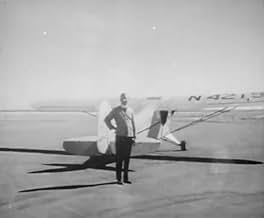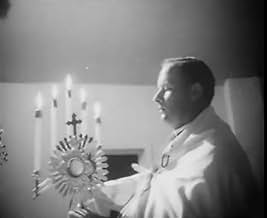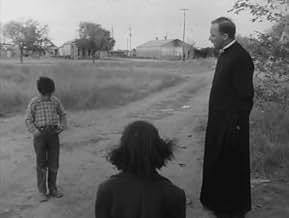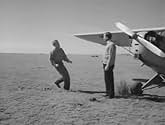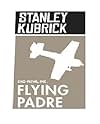This, one of Kubrick's very first commercial film making efforts, is a stepping stone but not much more.
It follows two days in the life of priest Father Fred Stadtmuller whose New Mexico parish is so large he can only spread goodness and light among his flock with the aid of a mono-plane. The priestly pilot is seen dashing from one province to the next at the helm of his trusty Piper Club administering guidance to unruly children, sermonizing at funerals and flying a sickly child and its mother to hospital.
In the light of Kubrick's later deeply ironic works, one is tempted to view these events in a slightly sinister, mischievous light. However its ironic sense can only be derived from its ludicrous, super-earnest newsreel format - commonplace at the time. Kubrick was to put such a format to good, unsettling use with the voice-over introduction to Dr Strangelove, Alex's voice-over in Clockwork Orange, Michael Horden's instructing tones in Barry Lyndon, and Private Joker's darkly humorous commentary in Full Metal Jacket. With this film, no such irony was intended (I think).
This is a strictly by-the book programmer; a second feature documentary made by a twenty-three year old future maestro for money, experience, and industry kudos. There are no real signs of Kubrick's later talent for pictorial composition (even though he was at this point a noted photo-journalist) or razor sharp narrative intellect. Although it is a perfectly competent piece, Flying Padre is virtually indistinguishable in form and content from any other programmer of the period.
Yet it is Kubrick and as such it's a valuable document in the early development of one of film's greatest artists. But for a real hint of what was to come, one should look at Kubrick's Day of the Fight made a year earlier. Invention, control of form, photographic dazzle, and energy. It's all there... except the irony. That was to arrive with Fear and Desire (1953).

